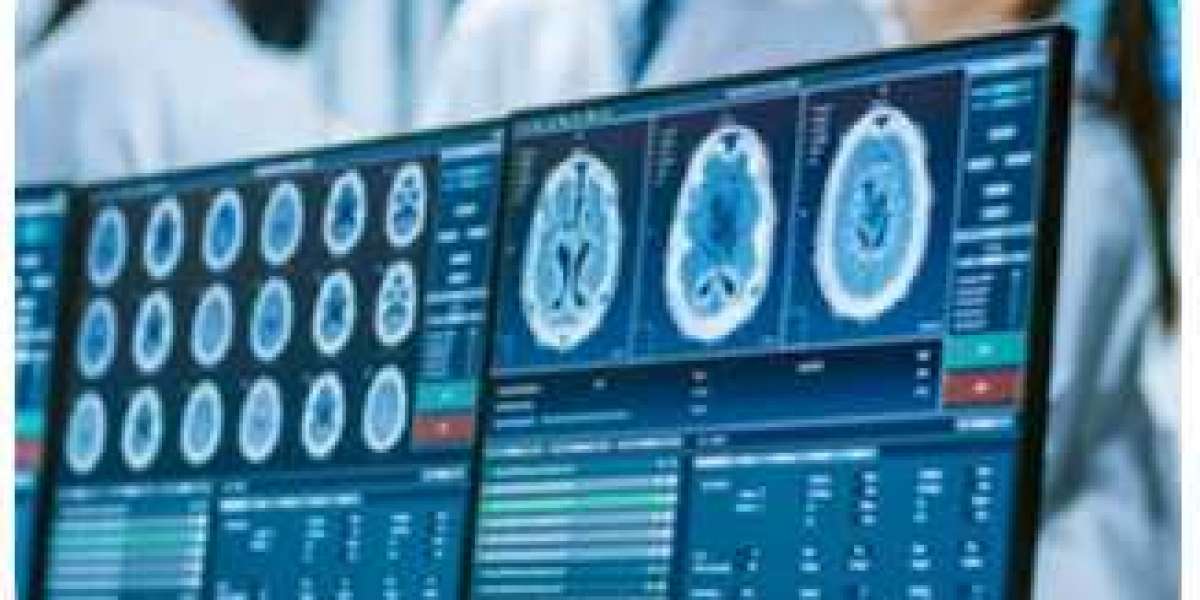Brain tumors, like most other malignant tumors, are mostly resistant to various treatment modalities such as traditional radiotherapy and chemotherapy due to the diverse genotypic and phenotypic variations. Moreover, the existence of the blood-brain barrier prevents chemotherapeutic drugs for intracranial tumors from reaching the tumor tissue, objectively limiting the efficacy of most chemotherapeutic drugs. In addition, some brain tumors (e.g., glioma) have their biological characteristics, which infiltrate into the surrounding normal brain tissues at the beginning, making surgical operations almost impossible to completely remove the tumor. Therefore, it is more important to search for new therapeutic strategies for brain tumors from the basic research level.
Brain tumor basic research services
We provide multidimensional cell analysis services, including brain tumor stem cell, circulating tumor cell, rare cell analysis, brain tumor cell microarray, and quantitative DNA analysis of brain tumor cells services. Our goal is to provide you with more information about the mechanisms of brain tumorigenesis, development, and metastasis.
To treat brain tumors, it is necessary to understand the tissue condition of brain tumors first. We offer brain tumor tissue microarrays, organoids, and organ microarrays to our customers. Based on our services, we expect to provide our clients with repeated and dynamic monitoring of brain tumor changes, providing more accurate guidance for the development and updating of treatment plans for brain tumor patients.
We provide multi-omics analysis services dedicated to brain tumor subtype resolution, disease mechanisms, and identification of driver genomic alterations. It covers multi-platform data of genomics, spatial transcriptomics, metabolomics, proteomics, and imaging omics and their joint analysis. We have a comprehensive analysis plan, analysis process, and analysis experience.
Molecular typing and determination of prognosis, chemotherapy drug sensitivity prediction, and targeted therapy detection can all be achieved by sequencing. We use high-throughput sequencing methods to clarify the specifics of genetic alterations and to analyze these variants. To assist you in clinical diagnosis, guiding treatment, monitoring brain tumor recurrence and drug resistance, and predicting survival.







